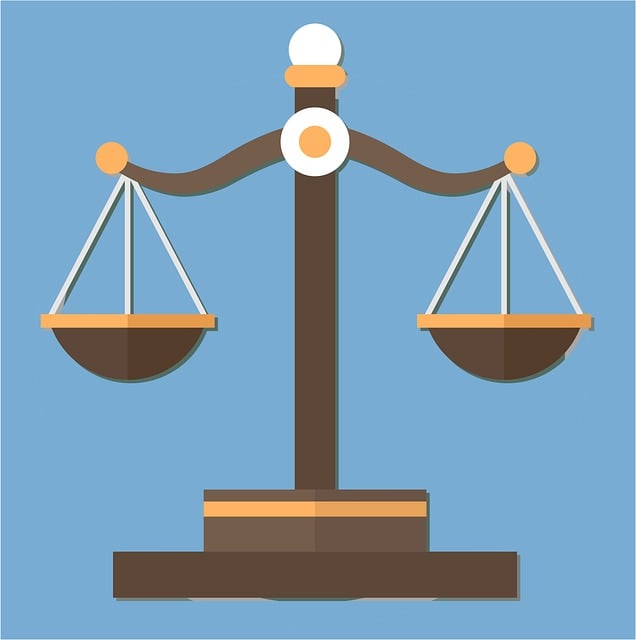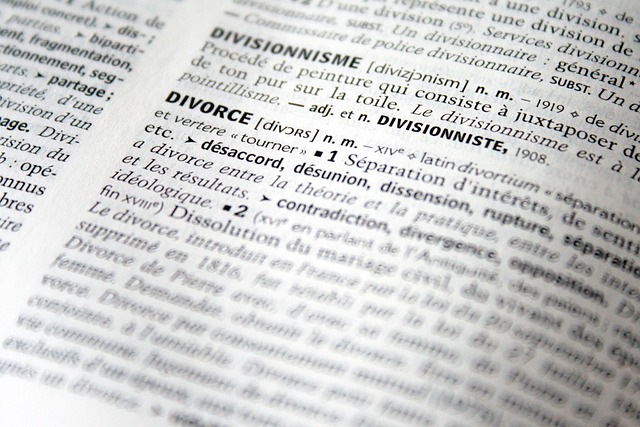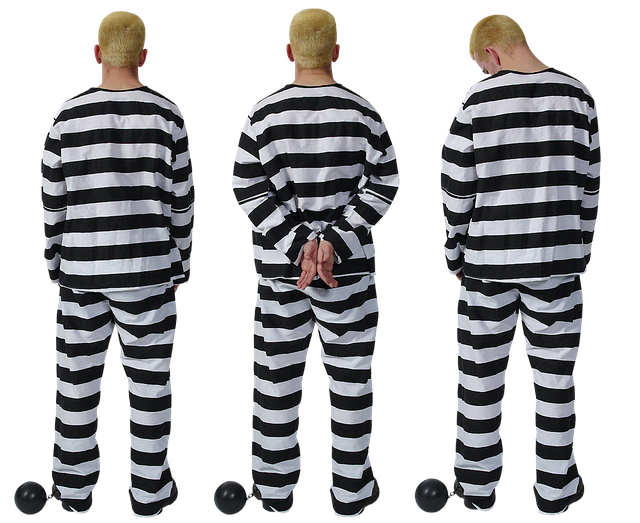Public corruption, facilitated by bribery and misuse of public funds, is prosecuted under complex federal and state laws. Search and Seizure Rights in Criminal Law are key tools for investigators, leading to successful prosecutions while demanding strategic defenses from accused parties. Striking a balance between civil liberties and anti-corruption measures is essential; transparent procedures and due process deter corruption without hindering legitimate businesses, as proven by advanced economy case studies.
Public corruption charges are a critical issue in modern society, eroding public trust and undermining democratic institutions. This article delves into the intricate world of public corruption, exploring its legal definitions and frameworks. We analyze the vital role of search and seizure rights in anti-corruption investigations, balancing civil liberties with effective enforcement. Through case studies and best practices, we uncover strategies to navigate this delicate equilibrium, ensuring both justice and the protection of individual freedoms in criminal law.
- Understanding Public Corruption Charges: Definitions and Legal Framework
- Search and Seizure Rights: A Crucial Aspect in Corruption Investigations
- Balancing Civil Liberties and Anti-Corruption Efforts: Case Studies and Best Practices
Understanding Public Corruption Charges: Definitions and Legal Framework

Public Corruption Charges encompass a range of illegal activities where public officials abuse their power for personal gain. This includes acts like bribery, extortion, and misusing public funds. The legal framework surrounding these charges is complex, with various laws and regulations at both the federal and state levels. Understanding these definitions and legal nuances is crucial when navigating cases involving public corruption.
The investigation and prosecution of such cases are governed by principles established in Search and Seizure Rights in Criminal Law. An unprecedented track record of successful prosecutions for white-collar and economic crimes underscores the importance of these laws in holding corrupt officials accountable. While avoiding indictment can be a strategic goal for those accused, the legal landscape remains formidable, with penalties often severe to deter future misconduct.
Search and Seizure Rights: A Crucial Aspect in Corruption Investigations

In public corruption investigations, the right to conduct searches and seizures is a crucial aspect that often determines the outcome of cases. These powers, enshrined in criminal law, allow investigators to gather evidence that may otherwise be inaccessible, providing a vital tool in the fight against bribery, embezzlement, and other illicit activities. When used appropriately, search and seizure rights can lead to winning challenging defense verdicts, ensuring justice is served for all involved.
Across the country, both corporate and individual clients have benefited from strategic defenses that challenge the legality of these searches. Skilled attorneys play a pivotal role in navigating this intricate process, protecting their clients’ rights while also enabling authorities to uncover evidence crucial for public interest cases. By employing robust legal arguments, they help maintain a balance between upholding the law and safeguarding citizens’ constitutional freedoms.
Balancing Civil Liberties and Anti-Corruption Efforts: Case Studies and Best Practices

In the global fight against public corruption, balancing civil liberties with effective anti-corruption measures is a delicate act. The quest for transparency and accountability must be guided by principles that safeguard individual rights, as enshrined in criminal law, particularly regarding search and seizure rights. Many countries have grappled with this challenge, employing various strategies to achieve extraordinary results without infringing upon the respective business and personal freedoms of citizens.
Case studies from advanced economies highlight best practices in this regard. For instance, robust anti-corruption laws coupled with strict adherence to Search and Seizure Rights in Criminal Law have led to successful prosecutions while preserving civil liberties. These models demonstrate that protecting corporate and individual clients from unfair scrutiny is compatible with robust corruption prevention. By implementing transparent procedures and ensuring due process, countries can foster a business environment that deters corruption without stifling innovation or legitimate enterprise.
Public corruption charges, when balanced with respect for civil liberties, can be a powerful tool in upholding justice. Understanding the legal framework, particularly the role of search and seizure rights in criminal law, is essential to navigating these complex cases effectively. By examining case studies and adopting best practices, we can ensure that anti-corruption efforts remain fair, transparent, and proportional, ultimately strengthening our democratic institutions.






